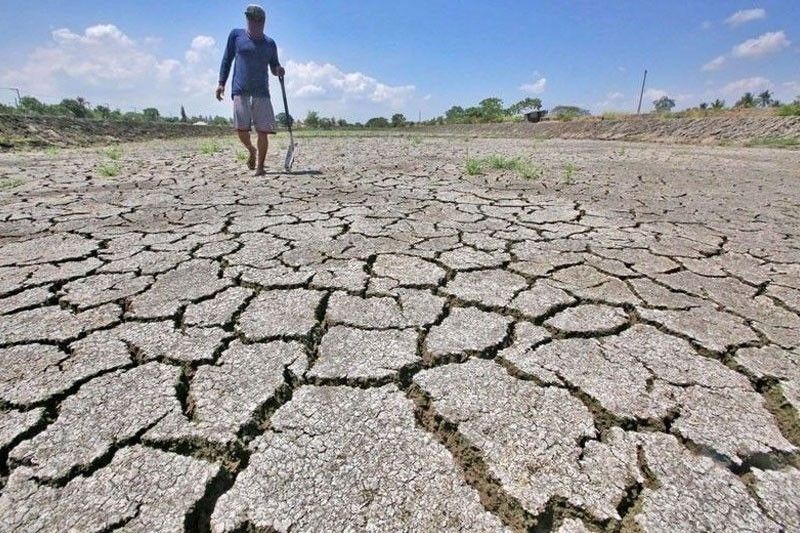Climate change to drive up inflation in the long run — BSP

MANILA, Philippines — Climate change could drive inflation up in the Philippines up by 0.79 percentage points (ppt) in the long run, the Banko Sentral ng Pilipinas (BSP) said on Friday.
The BSP has released its 2023 Sustainability Report, which outlined its study on the impacts of rising temperatures on economic activities, as well as inflation.
According to the BSP, temperature shocks could lead to a 0.46 ppt spike in inflation in the short term.
“On a disaggregated level, the inflationary impact of temperature shocks on food prices is deeper in magnitude and long-lasting in period at 0.79 ppt, persistent until eight years after the shock,” the BSP said.
The BSP also noted a smaller impact on non-food prices. There could be a 0.31 ppt increase, which could last for up to two years.
In addition to inflation impact, the BSP also said that climate change could slow down economic activity.
“On average, temperature shocks in the form of a 1-degree increase in the annual mean temperature generally leads to a 0.37 ppt decline in economic activity,” the central bank said.
The BSP sees that the manufacturing and services sector will experience a great decline. Impact of the climate change on the agriculture sector will vary per crop, but rice and corn are expected to be negatively impacted.
Rice has been the primary driver for food inflation in the Philippines for several months.
Meanwhile, the BSP said that temperature shocks have an insignificant impact on livestock, fishing, real investment, and labor productivity in heat-exposed industries.
Citing the National Adaptation Plan of the Philippines, the BSP said that inaction on climate change in the 2030s could lead to a loss of P645 billion per year in the following sectors:
- Agriculture, fisheries and food security
- Water resources
- Health
- Ecosystems and biodiversity
- Cultural Heritage, population displacement and migration
- Land use and human settlements
- Livelihood and industries
- Energy, transport and communications
The Climate Change Commission found that the Philippines’ greenhouse gas emissions decline in 2020 when compared to 2015. Despite this, the country has been deemed as one of the most disaster prone countries on the planet.
- Latest
- Trending































